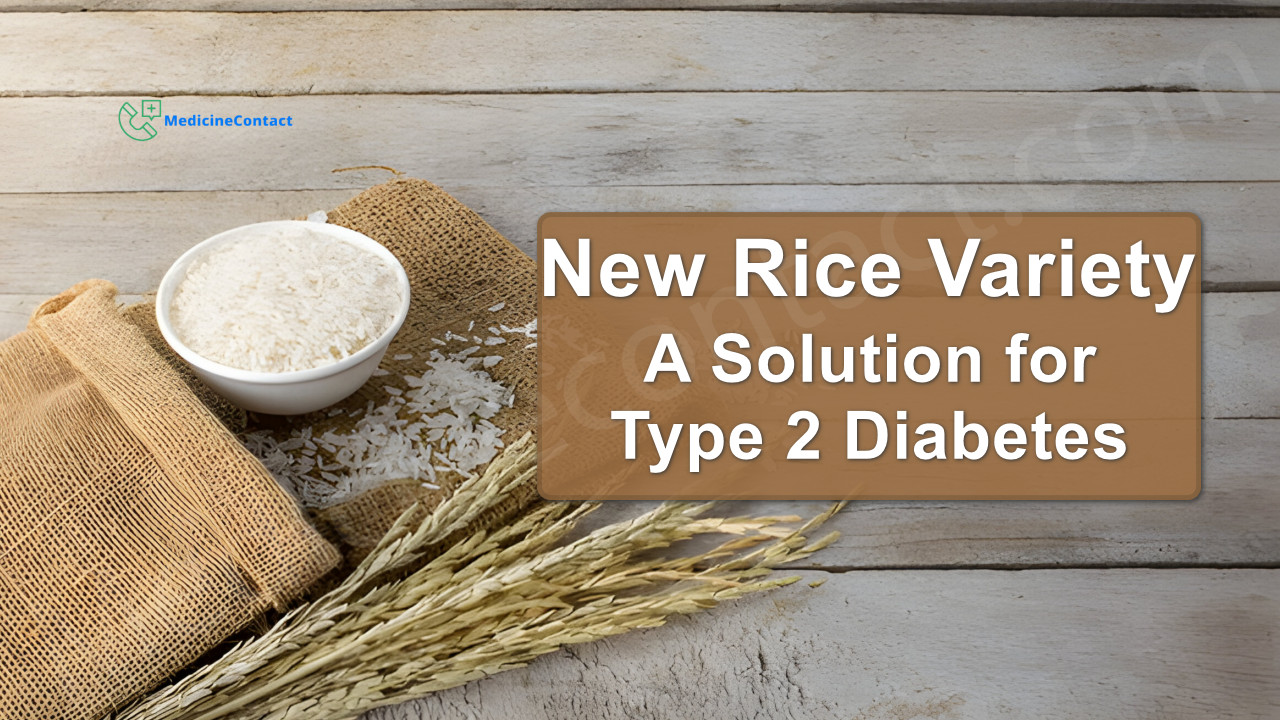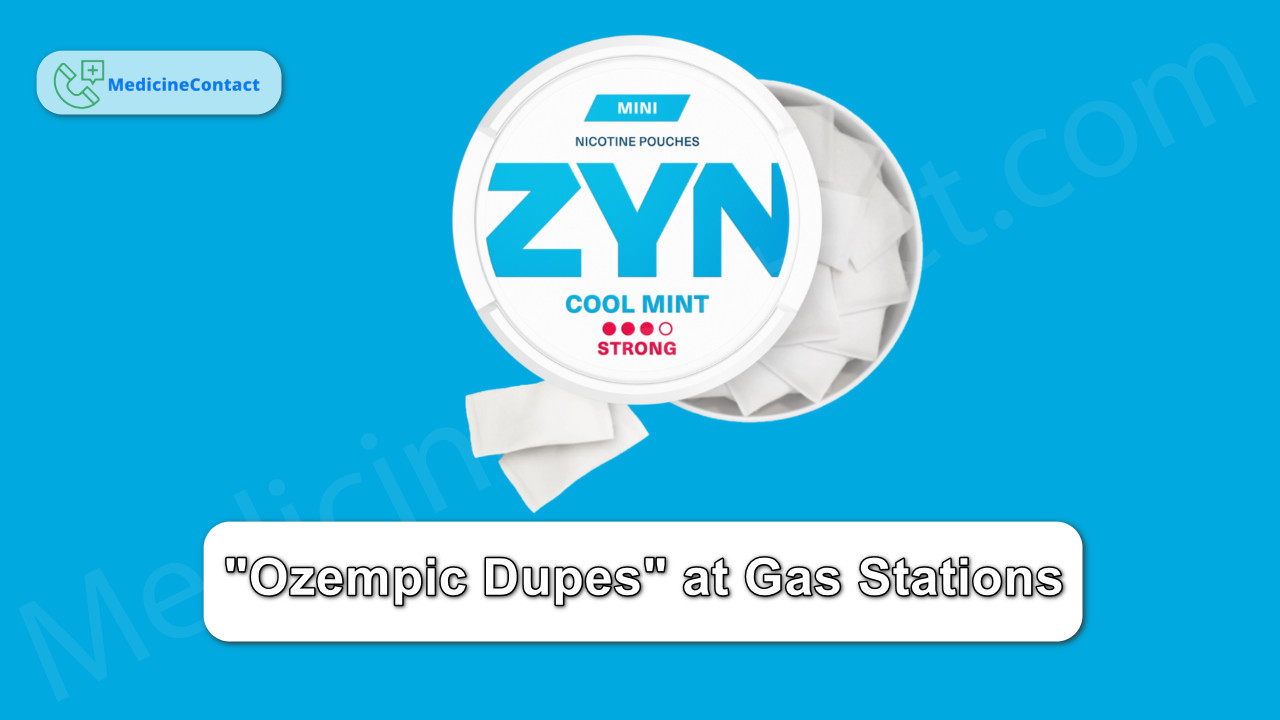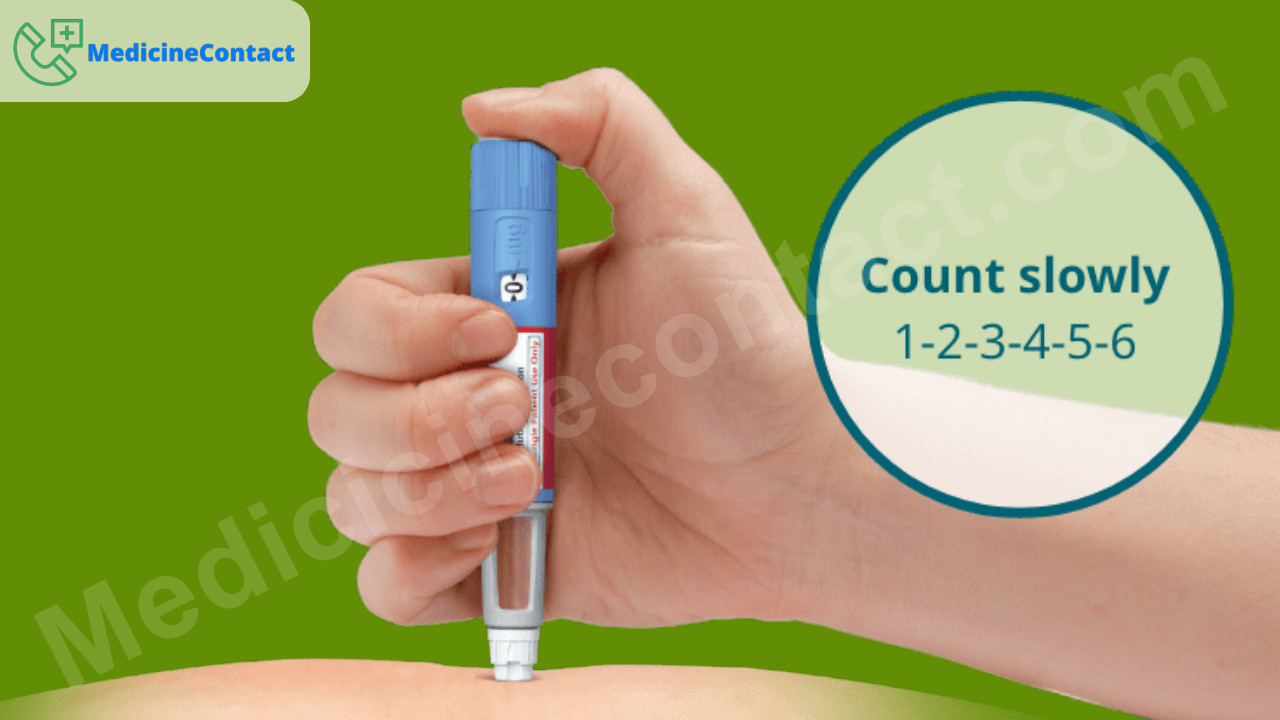
Understanding the Link Between Pancreatitis and Alcohol Withdrawal
Pancreatitis is a condition where the pancreas becomes inflamed and swollen. There are two main types - acute and chronic. Acute pancreatitis involves sudden inflammation that improves within a few days with treatment. Chronic pancreatitis is a long-term inflammation that progressively damages the pancreas.
One of the most common causes of both acute and chronic pancreatitis is excessive alcohol consumption. Alcoholic pancreatitis develops after years of prolonged heavy drinking. During this time, toxic byproducts from alcohol metabolism trigger inflammation and damage to the pancreas.
An estimated 10-15% of people with alcoholism develop pancreatitis. Quitting alcohol is the first line of treatment for alcoholic pancreatitis to help reduce inflammation and prevent further damage. However, stopping alcohol use abruptly after chronic heavy drinking can lead to potentially dangerous alcohol withdrawal symptoms.
How Alcohol Withdrawal Affects Pancreatitis Risk
When a person with alcohol dependence stops drinking suddenly, they are at risk of developing alcohol withdrawal syndrome within 8 hours. Symptoms peak between 24-72 hours after the last drink.
Alcohol withdrawal involves both physical and psychological symptoms like shaking, sweating, anxiety, insomnia, nausea, and hallucinations. It occurs because the brain and body have become dependent on alcohol's sedative effects.
One of the ways alcohol withdrawal can impact pancreatitis risk is through severe vomiting and dehydration. Frequent vomiting leads to the loss of fluids and important electrolytes like potassium and sodium. Dehydration also increases enzyme concentrations in the blood, which can aggravate pancreatitis.
Alcohol withdrawal can also cause spasms in the sphincter of Oddi. This sphincter controls the flow of pancreatic juices into the small intestine. Spasms can cause pancreatic fluid back up, increasing pressure within the pancreas and worsening inflammation.
The stress of alcohol withdrawal on the body can also lead to the release of catecholamines like adrenaline. These fight-or-flight hormones increase inflammation when the pancreas is already compromised from chronic alcohol damage.
Preventing Pancreatitis During Alcohol Detoxification
Since abruptly quitting alcohol can increase the risk of pancreatitis flares, medical detox is recommended for those with a history of the condition. Detoxification under medical supervision involves slowly tapering alcohol intake while managing withdrawal symptoms with medication.
Benzodiazepines like lorazepam or chlordiazepoxide are often used during alcohol detox. These anti-anxiety medications help control the central nervous system disturbance caused by alcohol withdrawal. This makes symptoms like nausea, vomiting, and spasms less likely.
Pancreatic enzyme supplements may also be given to help improve the pancreas’s ability to digest nutrients. This reduces inflammation triggered by undigested food. Fluids and electrolyte replacement helps counteract dehydration.
In more severe cases, hospitalization for acute pancreatitis may be required if inflammation flares up during detox. With close monitoring and supportive medical care, the pancreatitis attack can be managed until the person is stabilized.
Maintaining Pancreatitis Remission After Alcohol Withdrawal
Quitting alcohol through a medically managed detox is just the first step. Ongoing abstinence from alcohol is vital for keeping pancreatitis in remission after detox is complete.
Acute pancreatitis requires at least 6-8 weeks of sobriety to allow the pancreas time to fully recover and inflammation to resolve. Chronic pancreatitis needs longer-term abstinence to prevent recurrent attacks.
The Benefits of Maintaining Sobriety
Remaining alcohol-free after detox provides many benefits for recovering from pancreatitis, including:
- Reduced inflammation and enzyme levels
- Improved pancreatic function
- Enhanced nutrition due to better food absorption
- Lowered risk of pancreatitis complications
- Increased effectiveness of medical treatments
Quitting alcohol also eliminates the toxic effects of alcohol metabolism that contribute to pancreatic damage over time. This reduces the likelihood of developing chronic pancreatitis after repeated acute flare-ups.
Strategies to Prevent Relapse
Despite the benefits, maintaining sobriety long-term after alcohol withdrawal can be very challenging. The risk of relapse is highest within the first 3-6 months of recovery.
Some strategies that can help prevent relapse include:
- Seek support - Joining AA, SMART recovery, or seeing an addiction counselor improves success.
- Identify triggers - Notice events, emotions, or environments that increase alcohol cravings.
- Develop new habits - Replace drinking behaviors with exercise, hobbies, or social activities.
- Make lifestyle changes - Alter schedules or routines associated with drinking.
- Practice relaxation techniques - Try meditation, deep breathing, or yoga when you get triggers or cravings.
- Avoid temptation - Stay away from places that serve alcohol when possible.
- Take medication - Drugs like naltrexone and acamprosate help control cravings.
Having a strong support system is key to managing the psychological aspects of alcoholism during recovery. With commitment and lifestyle changes, long-term sobriety is possible after alcohol withdrawal.
The Outlook for Pancreatitis After Alcohol Abstinence
The prognosis for pancreatitis improves significantly with sustained alcohol abstinence after detoxification. However, the level of improvement depends on the extent of damage before quitting drinking.
In mild acute pancreatitis, inflammation usually resolves within a week or two after alcohol cessation. Enzyme and metabolic markers normalize soon after. Exocrine and endocrine pancreatic function can fully recover.
For chronic pancreatitis, the goal is to prevent further damage and manage complications. Quitting alcohol early on can help preserve pancreatic function. But patients already experiencing exocrine insufficiency may require long-term enzyme supplements.
If significant damage has occurred, portions of the pancreas may need to be surgically removed to reduce pain. Patients also have a lifelong increased risk of diabetes due to impaired insulin production.
While alcohol abstinence cannot undo advanced damage, it can still improve pain levels and quality of life. For any stage of alcoholic pancreatitis, quitting drinking remains the cornerstone of care.
Key Points
- Alcohol withdrawal after chronic heavy drinking can increase the risk of pancreatitis flares.
- Medically supervised alcohol detox helps manage withdrawal symptoms and prevent complications.
- Maintaining sobriety post-detox allows the pancreas time to heal and function to improve.
- Seeking support and making lifestyle changes are key to sustaining alcohol abstinence.
- The outlook for pancreatitis is best with alcohol cessation started early before severe damage occurs.
FAQs
How does alcohol withdrawal increase the risk of pancreatitis?
Alcohol withdrawal can cause vomiting, spasms in digestive organs, and the release of inflammatory hormones. This can lead to fluid loss, pain, and worsening of pancreatitis if the pancreas is already inflamed from alcohol damage.
What medications are used during alcohol detox for people with pancreatitis?
Benzodiazepines like lorazepam are often used to reduce withdrawal symptoms like nausea and tremors. Pancreatic enzyme supplements may also be given to improve food digestion and reduce inflammation.
How soon after detox can I expect improvement in my pancreatitis?
In acute pancreatitis, inflammation usually resolves within 1-2 weeks after alcohol cessation. For chronic pancreatitis, it may take 4-6 weeks to notice a significant difference as long as you remain alcohol-free.
What lifestyle changes can help me maintain sobriety after detox?
Join a support group, avoid tempting environments, develop new hobbies, alter your usual routines, practice relaxation techniques, take craving-reduction medication, and seek counseling to help maintain sobriety.
Can my pancreatitis fully recover if I quit drinking now?
The prognosis is best if you quit early before severe damage occurs. However, even in advanced cases, abstaining can still improve pain and quality of life. The key is to stop drinking as soon as possible.
Disclaimer: This article is for informational purposes only and does not constitute medical advice. Always consult with a healthcare professional before starting any new treatment regimen.




